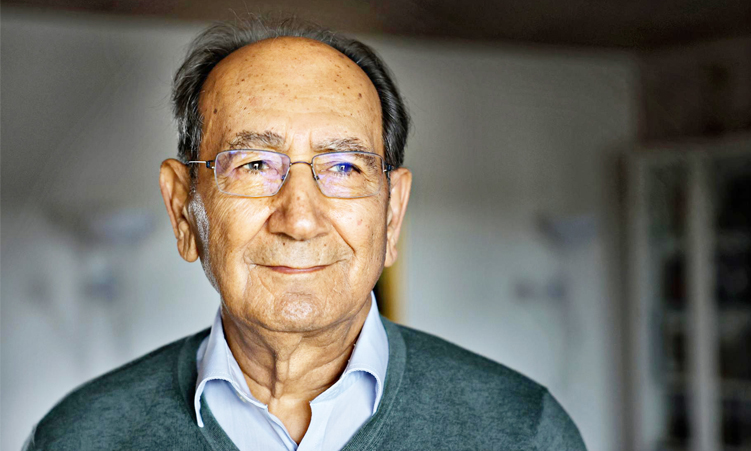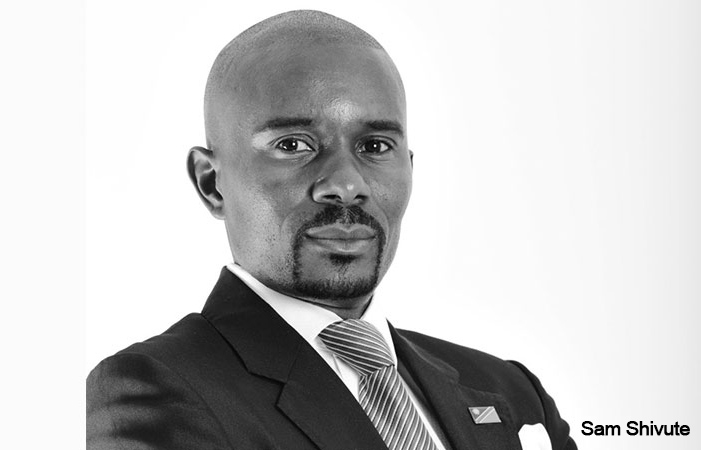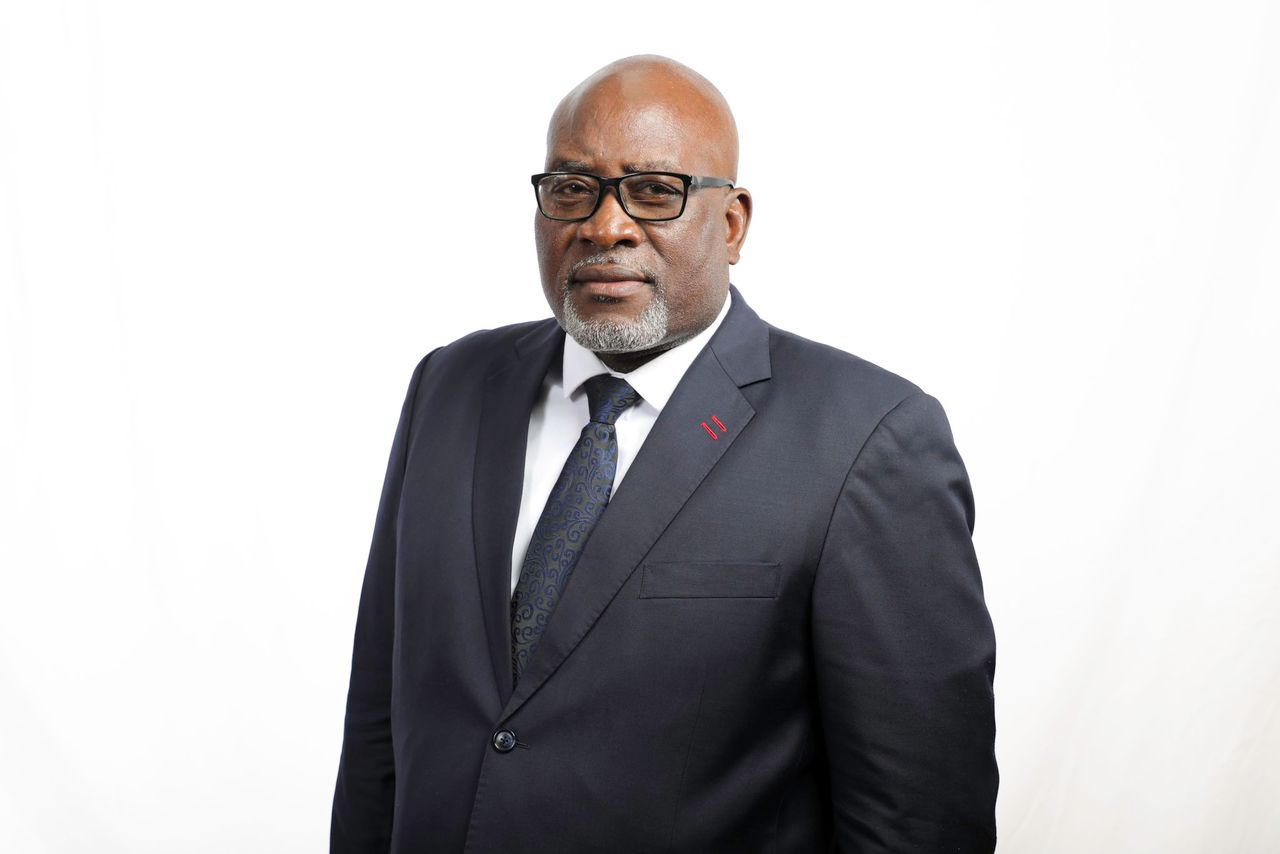After growing up watching the benefits of Iraqi oil elude the Iraqi people, a young executive insisted that Norway do things differently.
Oil-exporting countries generally have high rates of poverty, internal conflict, and corruption – a kind of chronic dysfunction known as the resource curse.
Not Norway.
Europe’s largest oil exporter and the world’s second-largest natural gas exporter has instead engineered a sort of resource blessing.
Since oil was discovered there in 1969, Norway has continued to enjoy a healthy democracy and a corruption-free government – while taking its place among the world’s top 10 countries in per capita gross domestic product.
If such a thing is possible, Norway has done oil right: pioneering safety and environmental practices, and even squeezing almost twice as much oil from its fields as the rest of the world, extending the life of the country’s economic boom by decades.
ANTI-RESOURCE CURSE
Norway’s anti–resource curse is often attributed to exceptionalism: Viking genes or the like.
But one secret of its success – maybe the secret – is not Norwegian at all, but a twinkly 89-year-old Iraqi-born oil geologist named Farouk al Kasim.
I met Al Kasim in the sparse office where he has worked as a consultant, near the waterfront in the bustling port city of Stavenger, since he retired.
Our interview turned into a conversation that turned into dinner at a nearby Chinese restaurant.
He has an expressive chortle and a tendency to slap the table when he’s delighted. He started the interview by offering me coffee, cookies and local strawberries.
And by insisting that Norway’s successes are not due to exceptionalism – his own or Norway’s – but to exceptional policies.
Norway has done what a lot of countries tried but failed to do: use its oil to create good jobs and world-class industries, without trashing the environment.
On 28 May 1968 a young Al Kasim had a few hours to kill before his train left Oslo, so he stopped in at Norway’s ministry of industry to ask whether it had a list of the oil companies working in the country.
He had gone to Imperial College London on the Iraqi government’s dime and fairly quickly became one of the top executives at the Iraqi Petroleum Company, overseeing enormous amounts of oil and money.
But he and his Norwegian wife wanted better care for their son, who has cerebral palsy, so they relocated to her home country.
The day he walked into the ministry, he was welcomed: The staff needed an oil geologist to interpret the results of new drilling tests in the North Sea.
For the next three months Al Kasim examined seismic studies and data from 13 wells, cross-tabulating and mapping results by hand.
By the time he was done, he was convinced Norway owned a doozy of an oil field.
“Norway didn’t know anything about oil,” he says. But leaders knew about the resource curse; they knew they didn’t want a tsunami of fast money and corporate influence to wash over their neat country.
“It scared them,” Al Kasim says, and better than most, he could empathise.
“I had lived the agonies of being a stooge of imperialism,” he says.
From his previous perch, he’d had ample time to watch most of the benefits of Iraqi oil elude the Iraqi people.
In the late 1950s and ‘60s many Middle Eastern countries had tried to solve oil’s ‘imperialism’ problem by banishing international oil companies and replacing them with national ones.
These new petrostates concentrated oil, money and power in the hands of a few, creating the very definition of path dependency as their economies stagnated.
“If you simply replace international oil company monopolies with state-owned monopolies, it’s not an improvement,” Al Kasim says.
As an alternative, he’d spent years pondering how to foster competition between state-owned and international oil companies.
Competition, he says, is “the essence of competence”.
In December of 1969, as Al Kasim had predicted, ConocoPhillips struck oil at the Ekofisk field.
A year and a half later, Al Kasim and a colleague headed to a cabin at a beach, where they wrote a whitepaper that called for the country to create Statoil, a national oil company and the Norwegian Petroleum Directorate, a strong independent regulator.
‘STRUCTURED CHAOS’
“Create a little structured chaos,” is how Al Kasim describes their aim.
By bringing in international partners, his idea avoided the state monopoly he’d seen in the Middle East.
Statoil would develop local expertise and provide jobs for Norwegians. The Petroleum Directorate, then, would be a sort of referee, making sure that the oil projects served Norway’s interests by minimising environmental impacts while maximising jobs and profits for Norway.
Four decades later Norway has done what a lot of countries tried but failed to do: use its oil to create good jobs and world-class industries, without trashing the environment.
The key was that, unlike most oil producers, Norway’s government put up its citizens’ money to cover half the investment – and take half the risk – of developing the oil fields. With skin in the game, Norway could get oil companies to try financially risky innovations.
BANKING PROFITS
And when profits began to roll in in the 1990s, the country banked them in a fund (that now totals $800 billion) for the day the wells run dry.
Norway also was deliberately slow in opening new fields to drilling, using them as a carrot when pushing for innovative practices.
For example, today almost none of the most harmful drilling chemicals are discharged into the ocean from Norway, because the Petroleum Directorate set a goal of zero ocean pollution from drilling.
To maintain access to profitable fields, oil companies worked together to develop new procedures and materials.
Al Kasim was also focused on his obsession with “squeezing the last drop” out of the country’s oil fields.
By the late ‘70s, just a decade after ConocoPhillips drilled the first hole, production in the Ekofisk field had fallen off dramatically.
Taking oil out of a reservoir causes pressure in the reservoir to fall, so it produces less oil over time (most of the world’s fields relinquish just a quarter of their contents).
Al Kasim wanted the company to try injecting water back into the reservoir to raise the pressure. The culture in the upper ranks of ConocoPhillips struck Al Kasim like that of something akin to the Knights of the Round Table, so he showed up at a formal dinner one evening with a newly penned allegorical poem – about a beautiful princess dying from a lack of water – in hand.
And he read it aloud.
To his surprise, the executives listened.
The Ekofisk field was revived and didn’t reach its all-time production high until 2004.
Today the average Norwegian oil field relinquishes 46% of its oil – nearly twice as much as most oil fields.
Speaking to the Financial Times, a former Statoil manager said: “Farouk is perhaps the greatest value creator Norway has had.”
Al Kasim worked as the director of resource management for the Norwegian Petroleum Directorate for 18 years.
KNIGHTED
For his services, he was knighted by Norway’s king in 2012.
Of course, the oily problems of the last century are not the ones we face now.
We need to reduce carbon emissions, and fast.
Al Kasim believes we’re applying the wrong lessons.
“One of the great myths of our time is that tech solves everything,” he says.
It’s not just that science hardly ever provides the right answer at the right time, he says, but that technology without a social vision is just stuff.
The technical fixes get all the press, we agreed, but simply building a ‘greenish’ version of our current system is redundant and unambitious.
The whitepaper the world needs is about much more than black carbon.
As Al Kasim puts it: “What kind of vision of human organisation do we have?”
- * This post originally appeared in the January/February 2014 issue of Pacific Standard as ‘The Iraqi and the Vikings’. For more, consider subscribing to our bimonthly print magazine.
- *In 2020, Pacific Standard was acquired by Grist, a non-profit, independent media organisation dedicated to telling stories about climate solutions and a just future. The Namibian is republishing this article as part of our efforts to provide our readers with insight on how Norway approached its oil discoveries.
Stay informed with The Namibian – your source for credible journalism. Get in-depth reporting and opinions for
only N$85 a month. Invest in journalism, invest in democracy –
Subscribe Now!






